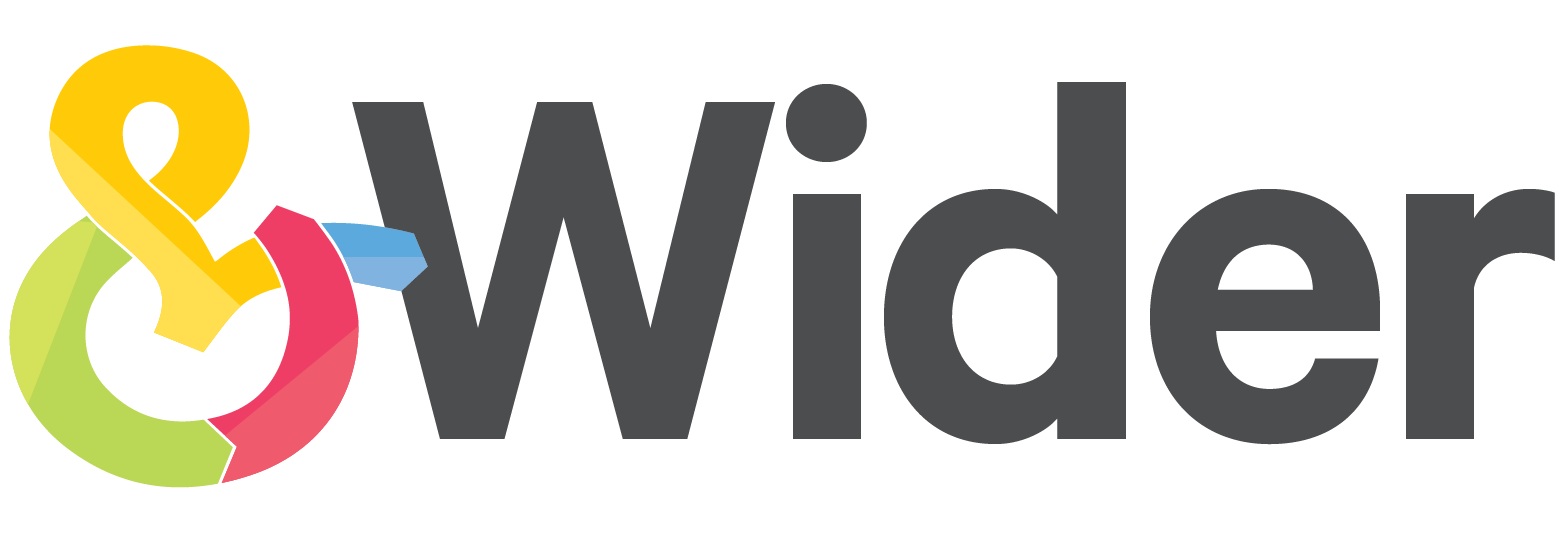I like to describe the human rights due diligence process as a funnel, where an individual brand begins with its entire supply base and uses reliable data and insight to assess which parts of its supply chain warrant deeper due diligence.
Read MoreGiving attention to the intent of listening to workers helps ensure that the organisation will take thoughtful action with this feedback.
Read MoreWhat tools do you already use for worker engagement? What policies do you already have in place to encourage responsible sourcing, and what interventions have worked in the past? Building on those strengths offers you a new strategic direction and more willing stakeholders to make it happen.
Read MoreWhere does Direct Worker Voice fit into your responsible sourcing strategy? We run through three major ways you can incorporate Direct Worker Reporting to your responsible sourcing programme for maximum impact and value.
Read MoreMany brands are capturing data in their supply chains and are eager to talk about impact. But social impact is radically different from social compliance. What does that impact look like? And how can we build and measure it over time?
Read MoreThe relationship between supplier and buyers is shifting. What is the difference between a policing and a partnership model? And how can this shift be accelerated in the responses to COVID-19?
Read MoreThank the gods (and the UN) that we didn’t apply the worker wellbeing argument to human rights.
Read MoreWe work in the field of “responsible sourcing”. How, to date, have we all tried to carry out this responsibility?
Read More







